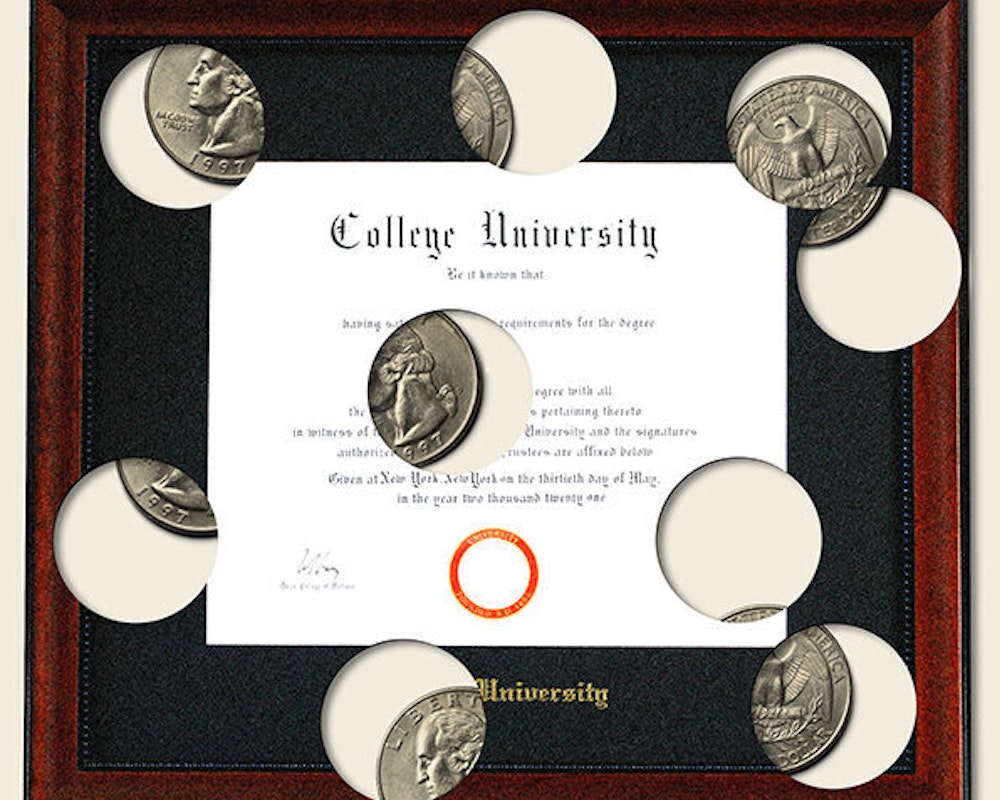
The Truth about Liberal Education
Evidence-based research can help us reframe the narrative about the value of higher ed
Earlier this year, State Senator Dennis Baxley introduced a bill into the Florida legislature that would have changed eligibility for Florida’s publicly supported Bright Futures Scholarship program by cutting funding for students who enroll in degree programs that do not “lead directly to employment.” Baxley created a firestorm by commenting, “As taxpayers we should all be concerned about subsidizing degrees that just lead to debt, instead of the jobs our students want and need. We encourage all students to pursue their passions, but when it comes to taxpayer subsidized education, there needs to be a link to our economy, and that is the goal of this legislation.”
Baxley’s statement echoes the sentiments of other legislators from the state, such as US senators Marco Rubio and Rick Scott, who have long argued that higher education costs too much, is too difficult to access, and fails to provide students with twenty-first-century workforce skills. But for students from the lowest socioeconomic backgrounds who had achieved the academic success necessary for the merit aid program, another message came through loud and clear: “My dreams are not worth funding.” Merit programs are fraught with equity concerns, and the proposed changes to the Bright Futures Scholarship program ran the risk of exacerbating inequities by reserving access to the humanities, arts, and social sciences only for those with the greatest financial resources.
Baxley’s original bill would have required the Board of Governors and the State Board of Education to approve, by the end of the year, a list of certificate and degree programs leading to direct employability. Students who had not chosen a degree program would only be eligible for sixty hours of course work covered under the scholarship. Backlash against the proposal was so severe that Baxley amended the bill a month after its introduction to eliminate the portion that would tie funding to specific majors. Yet, in applauding the original bill, Florida Senate President Wilton Simpson said, “All too often the debate surrounding higher education focuses on the cost to the student, in terms of tuition and fees, but never the cost to the taxpayer or the actual value to the student.”
Simpson’s skepticism regarding the value of higher education to students and the return on investment to the broader society are part of a prevailing and recurring rhetoric, especially in times of economic recession. Yet, the narrative dominating this rhetoric is one that ignores consistent findings from the Association of American Colleges and Universities’ employer research, first published in 2007. Showcased in this issue of Liberal Education, the latest data from AAC&U’s 2021 employer survey report reveal that CEOs and hiring managers continue to identify the knowledge and skills developed across the entire educational experience, including all undergraduate majors, as more significant and relevant for career success than study within a particular field. Such knowledge and skills include the ability to work in teams, to think critically, to analyze and interpret data, and to apply knowledge in real-world settings, as well as digital literacy. Indeed, a narrow focus on the short-term economic benefits of certain majors runs counter to AAC&U’s findings and diminishes the civic, democratic, and cultural value of a liberal education.
Using evidence-based research to tell the truth about the enduring value of liberal education for individual flourishing, economic empowerment, and a strong republic is critical to countering the economic segregation that has plagued American higher education. AAC&U is pleased to be able to support our members in reframing the narrative in a way that helps the public and our legislators better understand why our shared mission of advancing liberal education, equity, and quality in service to democracy is more important than ever.
Illustration by Paul Spella